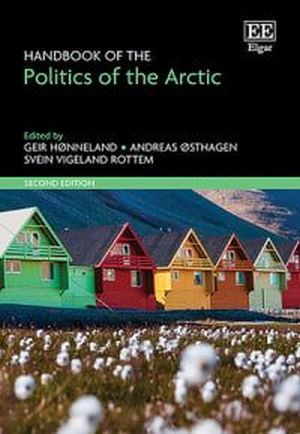
This timely Handbook explores how the Arctic has become a focal point in international relations in a manner unseen since the Cold War. Drawing on perspectives from international law, geopolitics, and other social sciences, this revised and expanded second edition provides an essential account of modern Arctic affairs.
Including new and updated chapters on national approaches to the Arctic and the geopolitical power play that is unfolding, expert authors analyse the relations between China, Russia, and the West in the Arctic. They assess the role of NATO and the significance of critical minerals in the discussion around Greenland’s autonomy. Chapters cover the role of conferences in Arctic governance, and local governments’ participation in issues spanning politics, indigenous challenges, and the private sustainability certification of Arctic fisheries. With geopolitics taking centre stage in this new edition, contributors examine the impact of Russo-Chinese cooperation in the Arctic, as well as security dynamics and colonial legacies in the region.
Students and scholars in Arctic politics, environmental politics and law, and political geography and geopolitics will benefit from this Handbook’s invaluable insights. It is also an essential resource for policymakers, government officials, and NGOs involved in this key area.